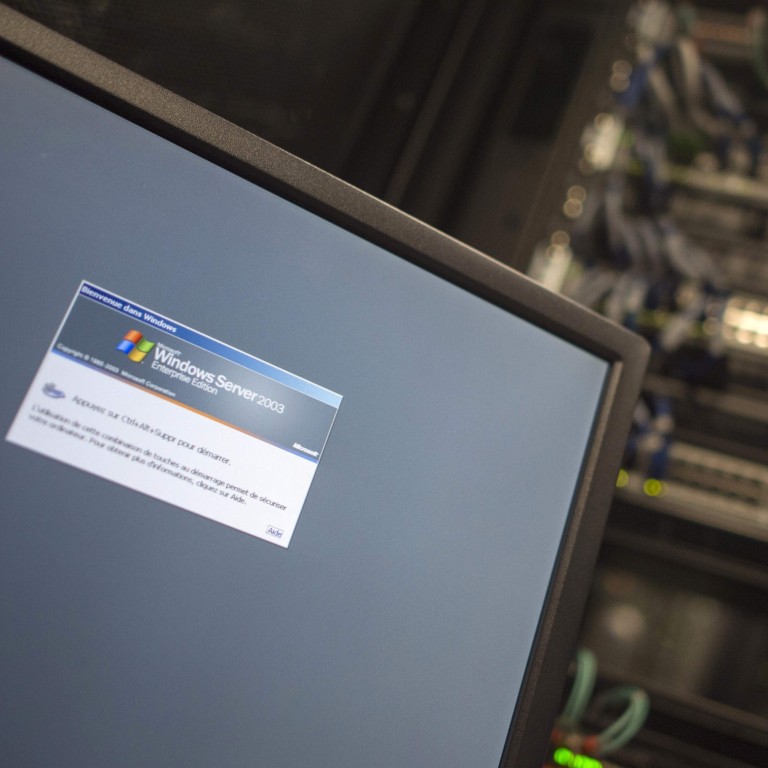
US cybersecurity experts see spike in Chinese digital espionage
- A hacking group dubbed ‘APT41’ is believed to be behind a spate of attacks on at least 75 entities
A US cybersecurity firm said Wednesday it has detected a surge in new cyberspying by a suspected Chinese group dating back to late January, when coronavirus was starting to spread outside China.
FireEye Inc. said in a report it had spotted a spike in activity from a hacking group it dubs “APT41” that began on January 20 and targeted more than 75 of its customers, from manufacturers and media companies to health care organisations and nonprofits.
There were “multiple possible explanations” for the spike in activity, said FireEye Security Architect Christopher Glyer, pointing to long-simmering tensions between Washington and Beijing over trade and more recent clashes over the coronavirus outbreak, which has killed more than 17,000 people since late last year.
The report said it was “one of the broadest campaigns by a Chinese cyber espionage actor we have observed in recent years.”

FireEye declined to identify the affected customers. The Chinese Foreign Ministry did not directly address FireEye’s allegations but said in a statement that China was “a victim of cybercrime and cyberattack.” The US Office of the Director of National Intelligence declined to comment.
FireEye said in its report that APT41 abused recently disclosed flaws in software developed by Cisco, Citrix and others to try to break into scores of companies’ networks in the United States, Canada, Britain, Mexico, Saudi Arabia, Singapore and more than a dozen other countries.
Cisco said in an email it had fixed the vulnerability and it was aware of attempts to exploit it, a sentiment echoed by Citrix, which said it had worked with FireEye to help identify “potential compromises.”
Others have also spotted a recent uptick in cyber-espionage activity linked to Beijing.
Online fraud hit gamers hardest during China’s coronavirus lockdown
Matt Webster, a researcher with Secureworks – Dell Technologies’ cybersecurity arm – said in an email that his team had also seen evidence of increased activity from Chinese hacking groups “over the last few weeks.”
In particular, he said his team had recently spotted new digital infrastructure associated with APT41 – which Secureworks dubs “Bronze Atlas.”
Tying hacking campaigns to any specific country or entity is often fraught with uncertainty, but FireEye said it had assessed “with moderate confidence” that APT41 was composed of Chinese government contractors.
FireEye’s head of analysis, John Hultquist, said the surge was surprising because hacking activity attributed to China has generally become more focused.
“This broad action is a departure from that norm,” he said.
Purchase the China AI Report 2020 brought to you by SCMP Research and enjoy a 20% discount (original price US$400). This 60-page all new intelligence report gives you first-hand insights and analysis into the latest industry developments and intelligence about China AI. Get exclusive access to our webinars for continuous learning, and interact with China AI executives in live Q&A. Offer valid until 31 March 2020.

